We are all familiar with Jacob, the refugee who returns to his homeland to the dreaded encounter with his vengeful brother Esau. I believe most of us read the story through Jacob’s eyes, but is it the only way? What if it were possible to unearth these biblical heroes’ diaries? What would they say? Here are the events of our parsha as described by the two brothers:
Jacob’s Diary
Preparation: Tomorrow is the day. God knows how I fear that moment! What am I going to say to Esau? Should I apologize? Can there be an apology? My brother’s angry screams still haunt me. They come back to remind me that I have deceived my father…. But there is no point in wandering in the abandoned alleys of the past. I have to be realistic. Tomorrow I am going to meet Esau. According to my scouts, he is ready for war, coming with 400 men and probably armed to the teeth. I should send him a nice gift to appease him, hundreds of animals with their shepherds, showing my subjugation.
The Encounter: That hypocrite! He has no shame — kissing and hugging me as if I was his long-lost brother, as if he was not the one who threatened to kill me. Of course I did not return his hugs and kisses. I have some self-respect.
The Conversation: I knew it. I knew it. First, he starts with his innocent questions: "And who are these?" Well, this is my family, of course. It is all a gift from God, kain ein horeh, and not due to "your" blessing. He then toys with me, implying that he is rich enough and does not need the tribute I sent to him. Oh, he was transparent. He rejected it just to remind me that even though I have taken "his" blessing he has enough of his own. After all that, he comes with a preposterous suggestion — to escort me to my destination, or to at least send some of his men with me, as if I needed protection. Of course I needed protection — to be protected from him. Thank God I managed to outsmart him and go our separate ways. I hope I will not hear from him soon.
Esau’s Diary
Preparation: Tomorrow is the big day. After years of running away from me, my brother is finally coming back home. I look forward to meeting him. I hope he truly regrets his actions, however, for me it is part of the past. I could have followed him to Haran long ago, but I think the poor guy already paid for his iniquities, being on the run and cheated by his father-in-law. Just as a precaution, I am going to meet him with a small army, in case he becomes violent and tries to take what he thinks belongs to him.
The Encounter: My brother has such a nice family, but he is so touchy about them. When I ask who they are, to break the ice, he shoots back that they are a gift from God, lest I think he got them because of the stolen blessing.
The Conversation: I cannot believe it, not a word of apology. Only gifts. I don’t need his gifts, and I told him that. He insisted that I take them, fearing that I will try to take more by force. When I told him that I would like to accompany him to his destination, he nearly jumped out of his skin, looking at me as if I was a hired assassin, waiting for the right moment to kill him. No, he would not have me or any of my men accompany him. His fear definitely overcame his voice of reason. I guess he is not interested in family ties. Too bad. I suppose we’ll just keep it as it was for the last 20 years, live our lives separately, pretending we each have no brother.
What is the right version? Is it Jacob’s or maybe Esau’s? Perhaps it is a mixture of both? We will never know, because the words were never uttered. There wasn’t an official apology, nor was there an open channel of communication between the two brothers. After this fateful encounter they went their separate ways and became hostile nations. Was there something in this particular meeting that could have prevented such a development? Perhaps so. We need to be able to see things from the other person’s perspective. We should be willing to apologize, to communicate and to listen.
Haim Ovadia is rabbi of Kahal Joseph Congregation.






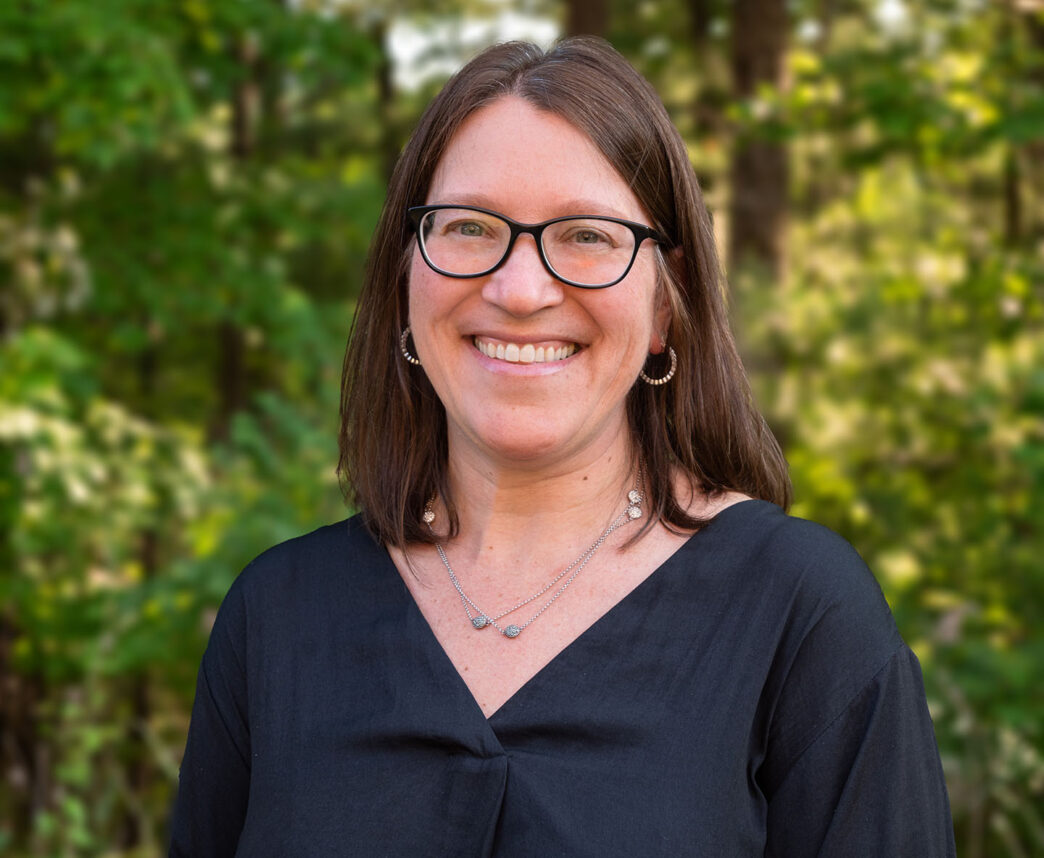
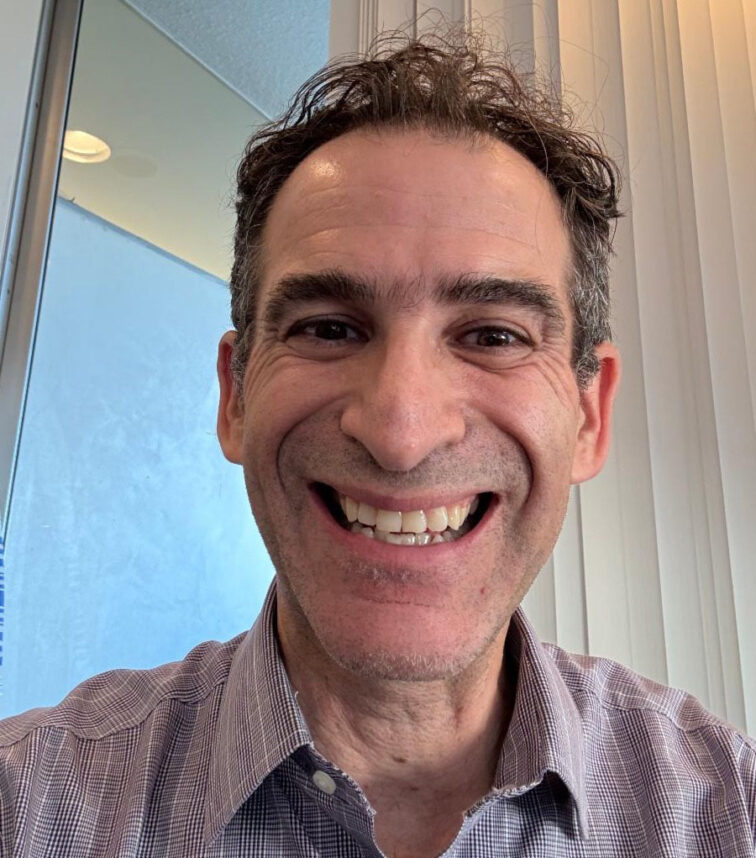
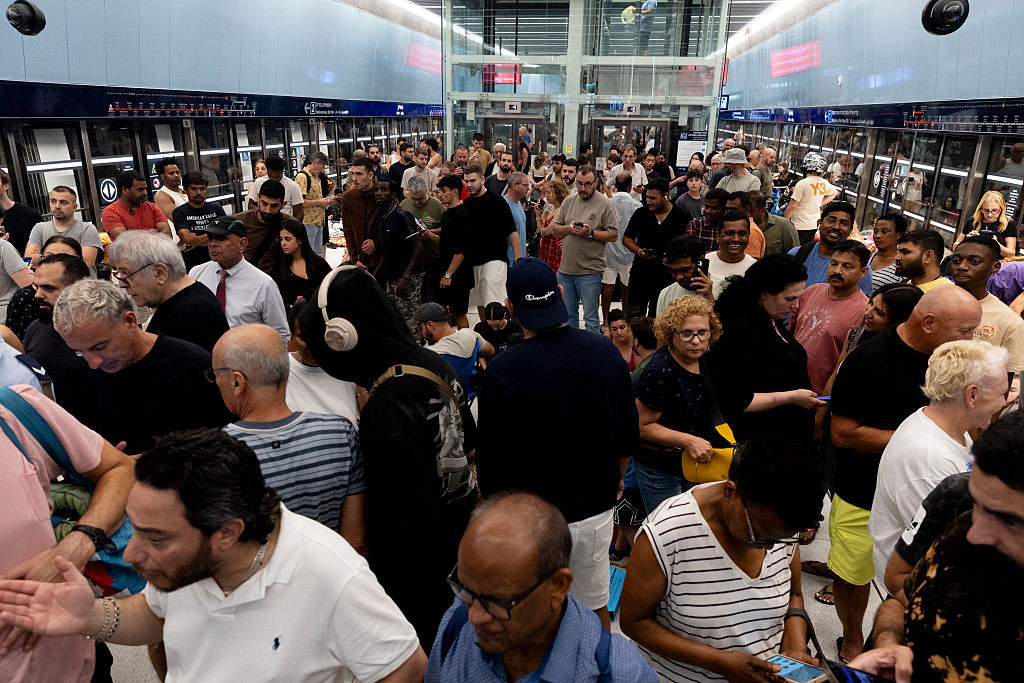
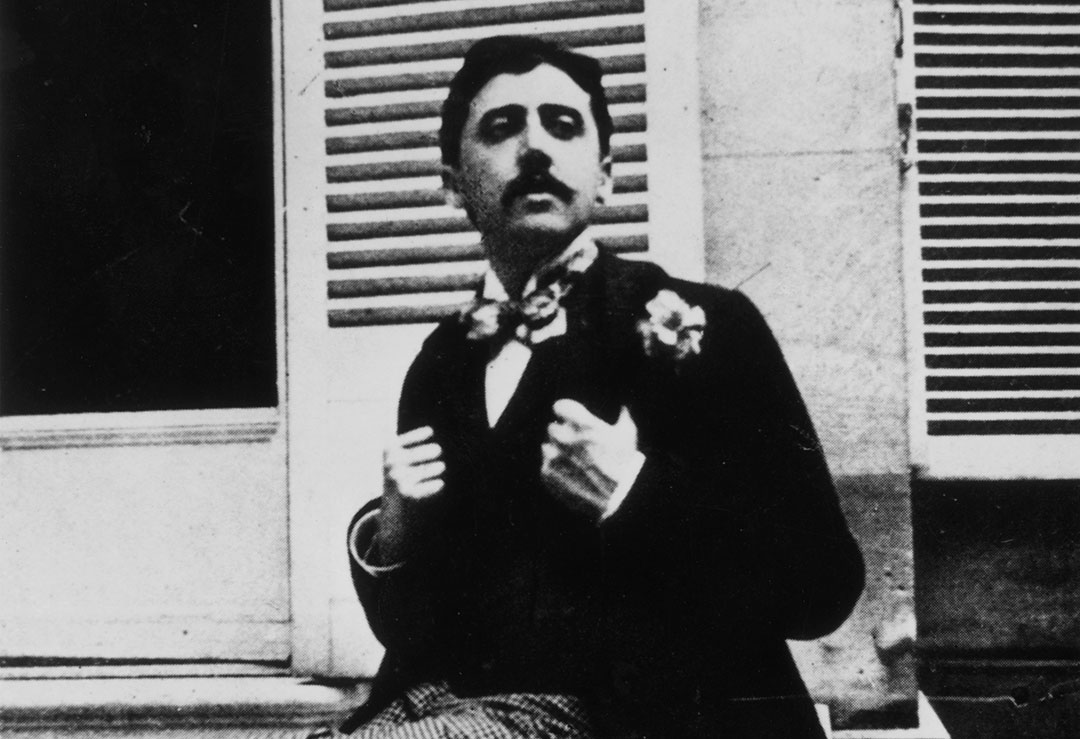
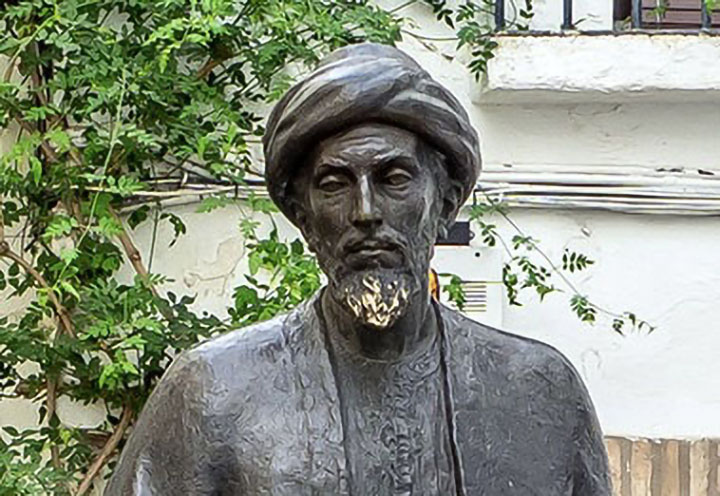
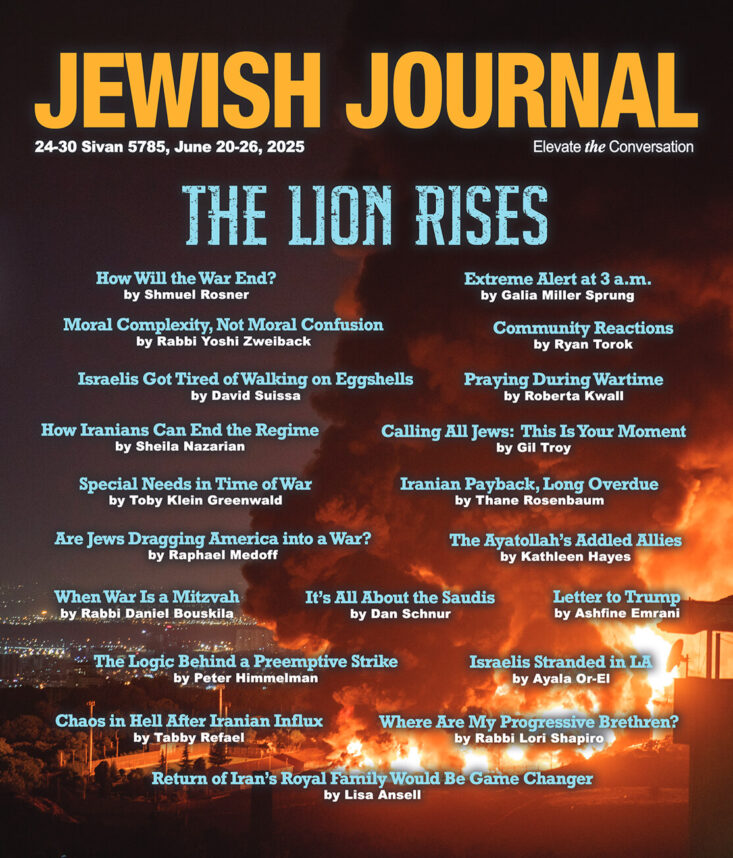
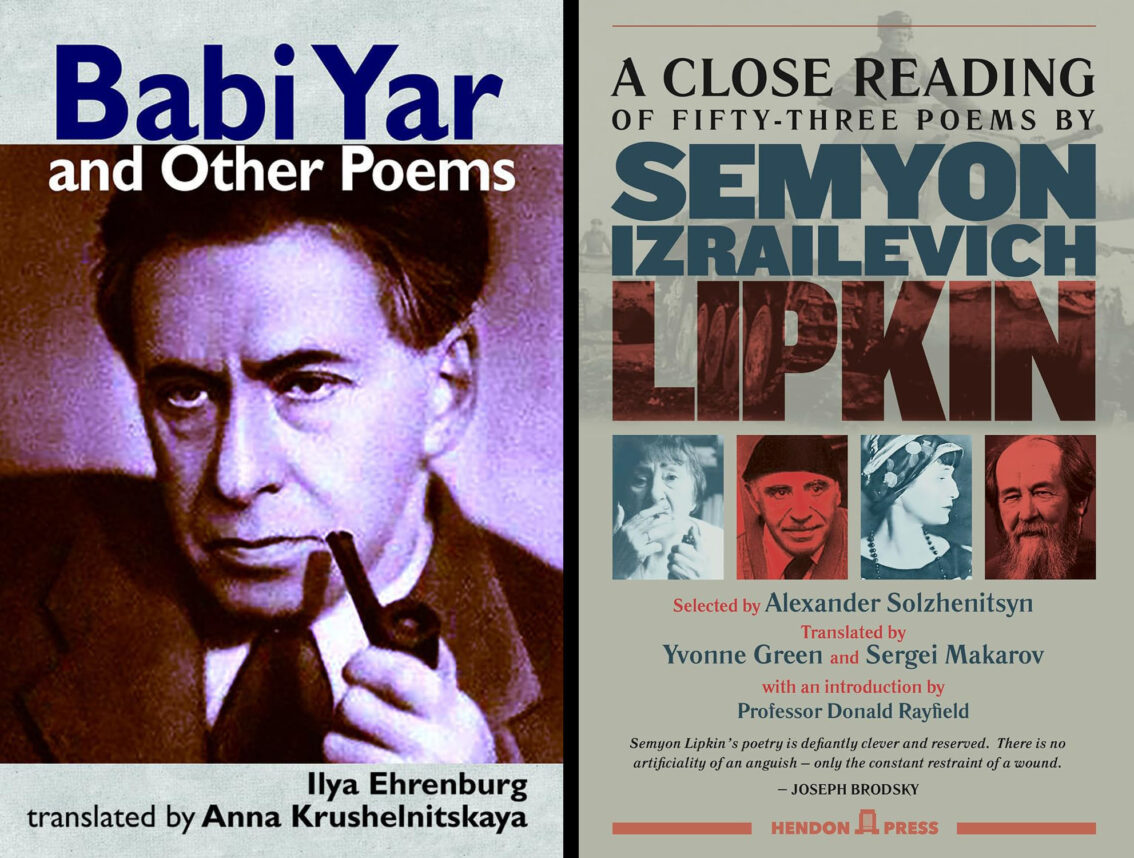
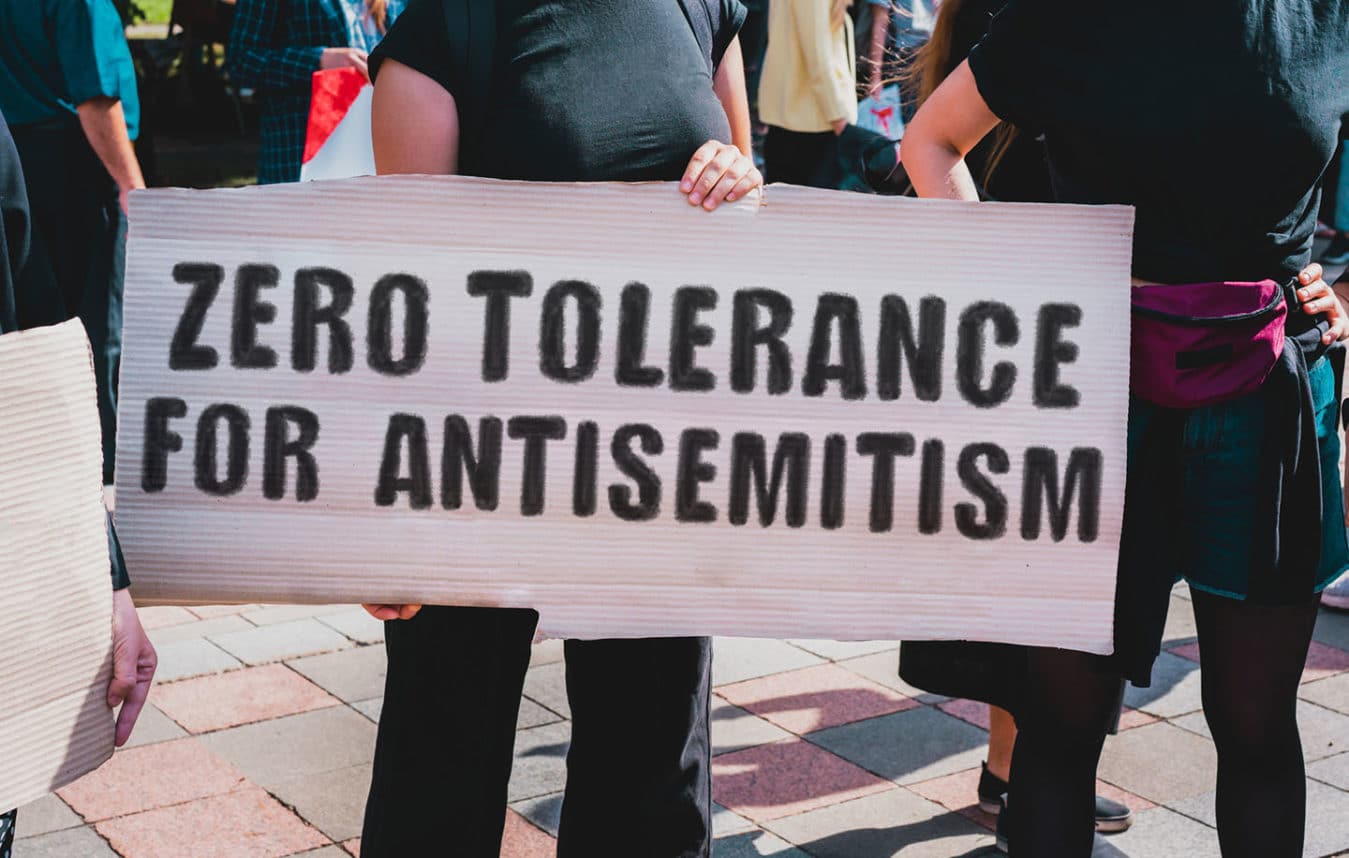
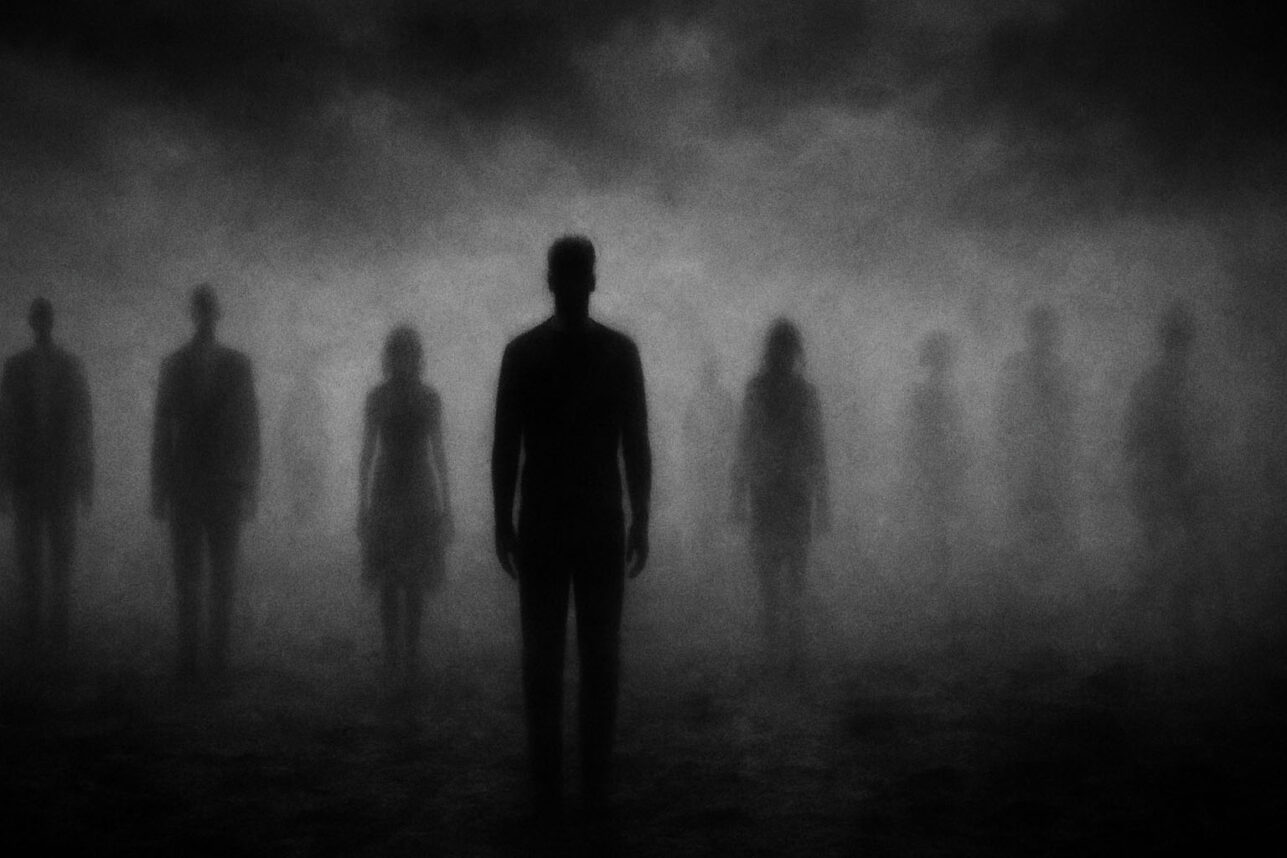
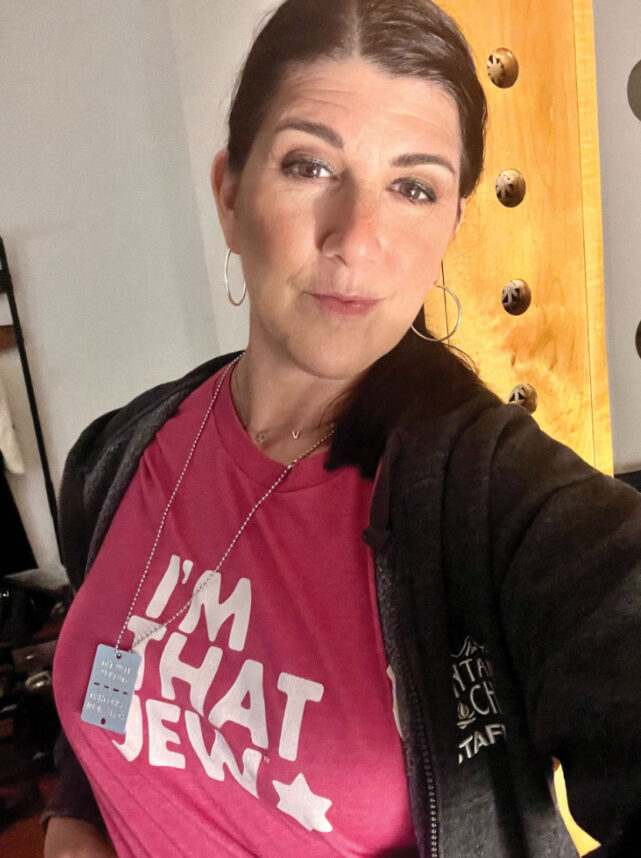
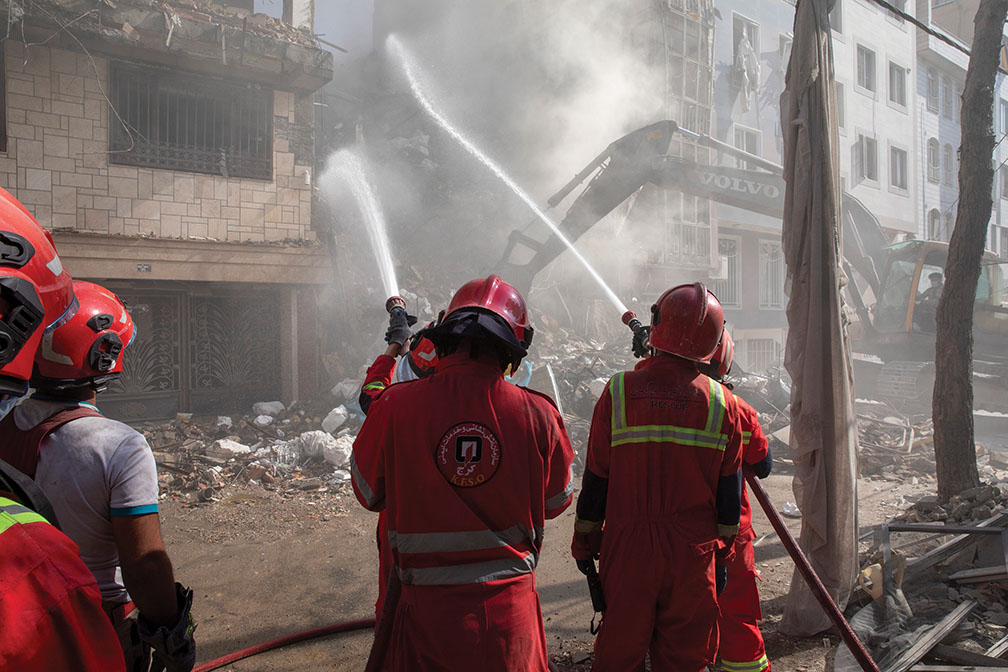



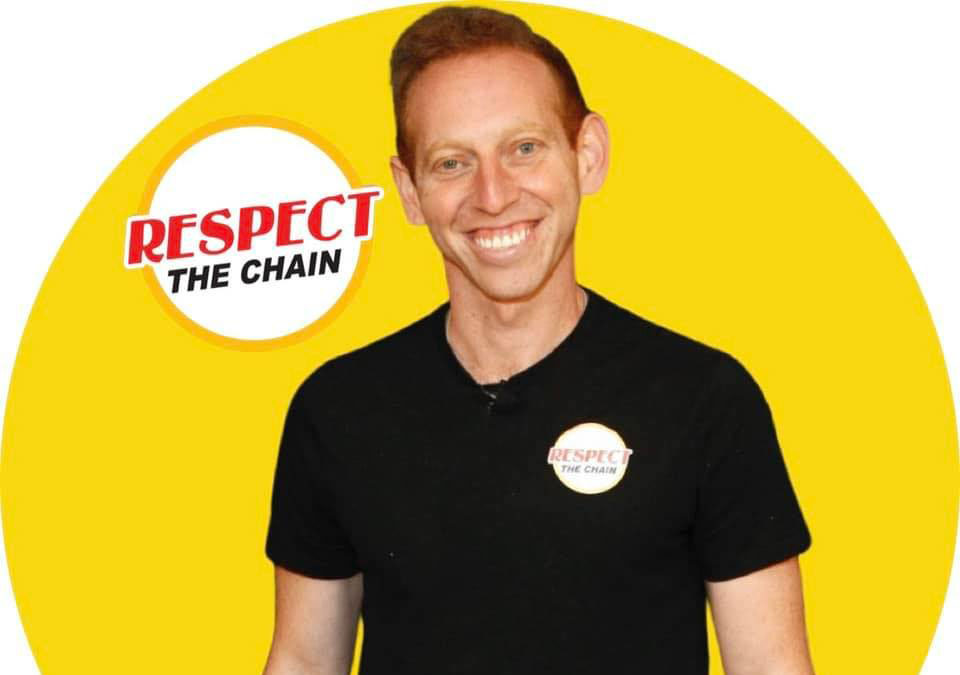

 More news and opinions than at a Shabbat dinner, right in your inbox.
More news and opinions than at a Shabbat dinner, right in your inbox.